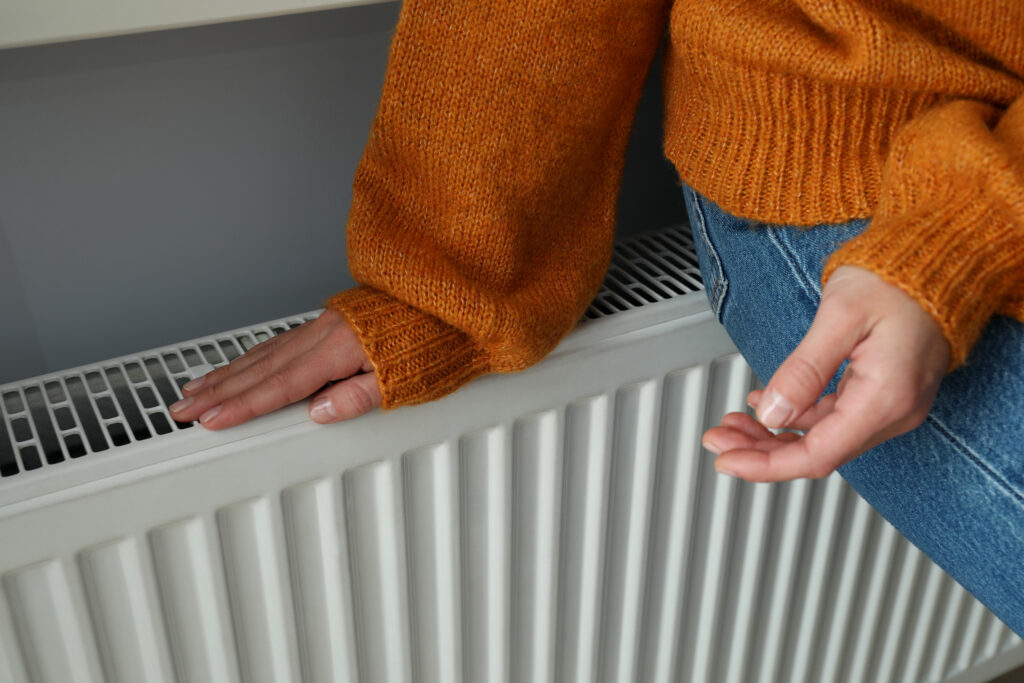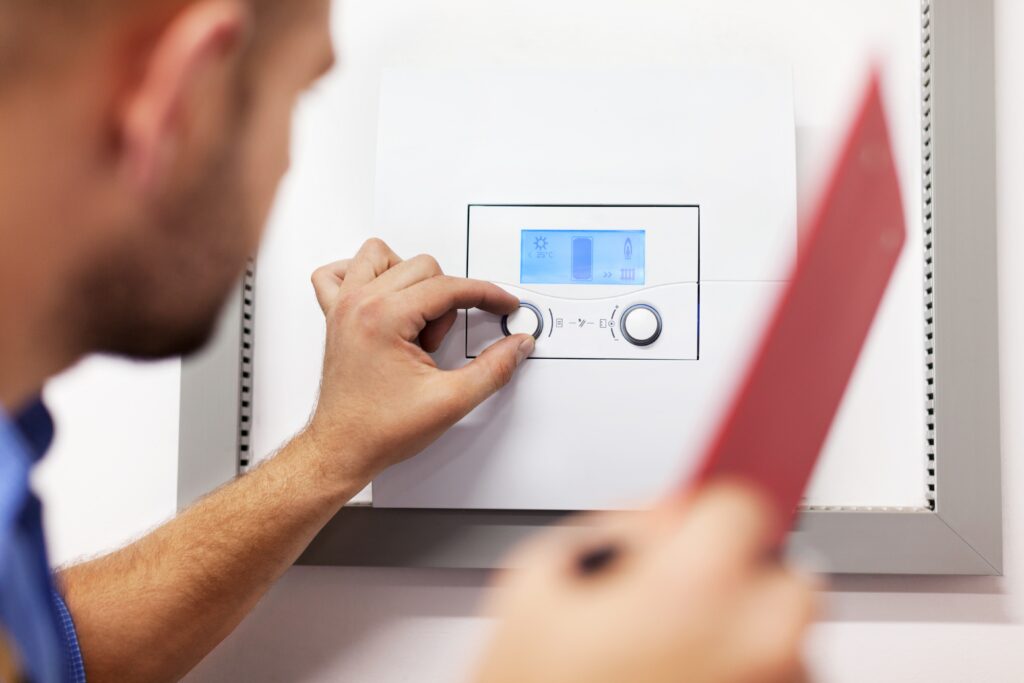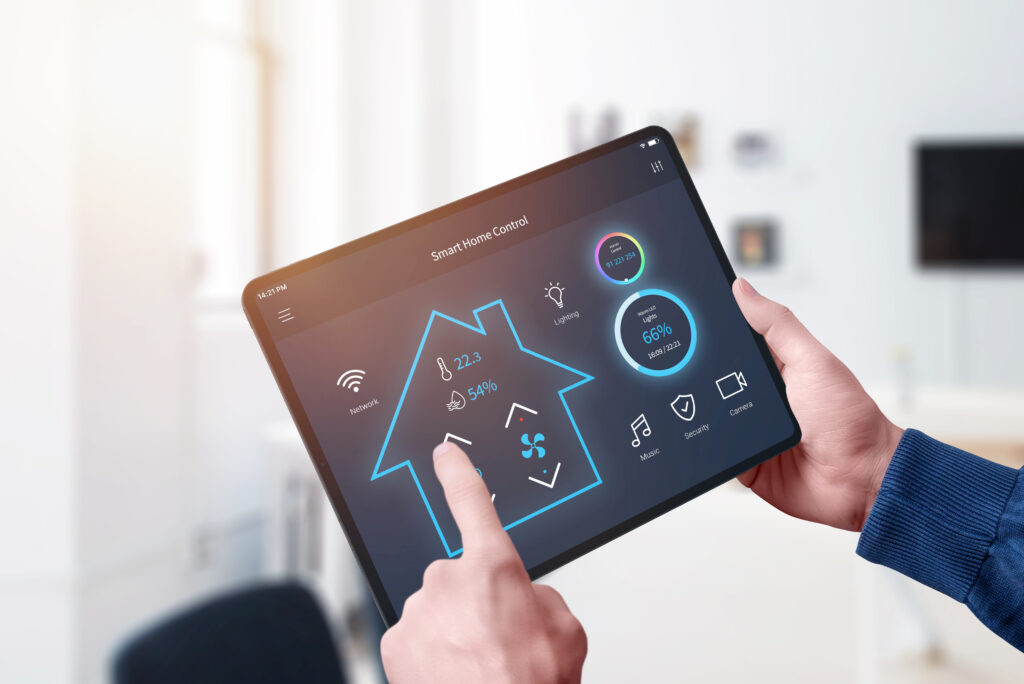How Hard is Water in London? Understanding Water Quality and Its Impact
Water quality plays a significant role in our daily lives, affecting everything from the taste of our beverages to the performance of household appliances. One of the most common discussions surrounding water quality is the issue of water hardness. For residents of London and surrounding areas, this topic is especially pertinent. London is known for its hard water, but how hard is it, really? In this blog, we’ll explore the concept of water hardness in detail, focusing on London while also touching upon neighbouring areas like Kent.
What is Water Hardness?
Water hardness refers to the concentration of dissolved minerals, primarily calcium and magnesium, in water. These minerals are naturally absorbed by water as it travels through rocks and soil, picking up trace amounts along the way. Hard water contains higher concentrations of these minerals, whereas soft water has lower levels.
The hardness of water is measured in milligrams of calcium carbonate per liter (mg/L) or parts per million (ppm). The scale generally categorises water as soft, moderately hard, hard, or very hard, with London’s water typically falling into the hard to very hard range.
Why is London’s Water So Hard?
London’s hard water is primarily attributed to its geology. Much of the water supply in London comes from groundwater sources, particularly chalk aquifers found in the southeast of England. These aquifers are rich in calcium carbonate, a compound that significantly contributes to water hardness.
As rainwater infiltrates the ground, it dissolves the chalk and limestone in its path, absorbing high levels of calcium and magnesium. By the time this water reaches London’s taps, it has acquired its characteristic hardness.
Another factor contributing to London’s water hardness is the region’s reliance on rivers such as the Thames and Lea. These rivers flow through areas with similar chalky landscapes, further enriching the water with minerals.
The Effects of Hard Water on Daily Life
The impact of hard water extends far beyond scientific measurements. For London residents, the hardness of water is an everyday reality that influences various aspects of life. One of the most noticeable effects is the formation of limescale.
Limescale is a chalky deposit that forms when hard water is heated or left to evaporate. It commonly accumulates in kettles, coffee makers, and household appliances such as washing machines and dishwashers. Over time, limescale buildup can reduce the efficiency of these appliances and increase energy consumption.
Hard water also affects personal care routines. Many people notice that soap and shampoo don’t lather as easily in hard water, making it more challenging to achieve a clean feeling. Additionally, hard water can leave a residue on skin and hair, leading to dryness and irritation for some individuals.
For laundry, hard water can make detergents less effective, resulting in clothes that feel rough or look dull after washing. It can even shorten the lifespan of fabrics due to mineral deposits.
Water Hardness in Kent: A Comparison
Kent, a neighbouring county to London, experiences similar issues with water hardness due to its geographical proximity and reliance on chalk aquifers. Water hardness in Kent varies depending on the specific area such as Beckenham or Bromley, but much of the county falls into the hard or very hard category, much like London.
The similarities between London and Kent highlight the broader issue of hard water in southeast England. While the challenges posed by hard water are consistent across the region, the solutions and adaptations may vary from household to household.
Is Hard Water Safe to Drink?
One common question about water hardness is whether it affects water safety. The good news is that hard water is entirely safe to drink and even offers some health benefits. The calcium and magnesium in hard water can contribute to daily mineral intake, supporting bone health and cardiovascular function.
However, the taste of hard water can be a matter of personal preference. Some people find that the mineral content gives the water a distinct flavor, which can affect the taste of beverages like tea and coffee. For those who prefer a milder taste, water filters can help reduce the mineral content.
Dealing with Hard Water in London
For London residents, dealing with hard water often involves a combination of preventative measures and adaptations. Many households invest in water softeners, which are devices designed to reduce the mineral content of water. These systems typically use ion exchange technology to replace calcium and magnesium ions with sodium or potassium ions, resulting in softer water.
Another popular solution is the use of water filters, which can be attached to taps or used in jugs. These filters can help remove impurities and reduce the mineral content, improving the taste and quality of water for drinking and cooking.
Regular maintenance of household appliances is also essential in areas with hard water. Descaling kettles, boilers, and other appliances can help prevent limescale buildup and extend their lifespan. Many commercial descaling products are available, or natural alternatives like vinegar and lemon juice can be used.
Environmental and Economic Considerations
While hard water poses challenges for individuals, it also has broader implications for the environment and economy. The increased energy consumption caused by limescale buildup can contribute to higher carbon emissions. Similarly, the frequent need for appliance replacement and repair due to hard water can lead to increased waste and resource use.
On the economic side, hard water can lead to higher household bills, including energy costs and expenses for water softeners, filters, and descaling products. For businesses, especially those in the hospitality or manufacturing sectors, hard water can increase operational costs and impact product quality.
The Role of Local Water Authorities
Water providers in London and Kent, providing for places such as Orpington, Mitcham and Croydon, play a vital role in managing water hardness. While they cannot change the natural mineral content of the water, they provide resources and information to help residents adapt. Many water companies offer detailed water quality reports, allowing individuals to understand the specific hardness level in their area.
Additionally, some providers offer tips for reducing the impact of hard water, including advice on maintaining appliances and using water-softening products. Public education campaigns and community outreach programs also help raise awareness about water hardness and its effects.
Future Outlook for Water Hardness in London
As climate change and population growth continue to influence water resources, the issue of water hardness may evolve. For instance, changes in rainfall patterns and water usage could impact the mineral content of water supplies. Water authorities may need to explore new strategies for managing water hardness and supporting residents.
Technological advancements also offer hope for more efficient solutions to hard water issues. Innovations in water treatment and filtration could make it easier and more cost-effective for households and businesses to manage water hardness in the future.
In summary….
Understanding water hardness in London is crucial for addressing its challenges and making informed decisions about water usage. While hard water is a natural and unavoidable aspect of life in London and Kent, there are numerous ways to mitigate its effects and adapt to its presence.
From investing in water softeners to maintaining appliances and staying informed about local water quality, residents can take proactive steps to manage hard water and minimise its impact. By working together, individuals, businesses, and water authorities can ensure that water quality remains a priority for the region. If you have any questions, contact Heat-Tec today.




